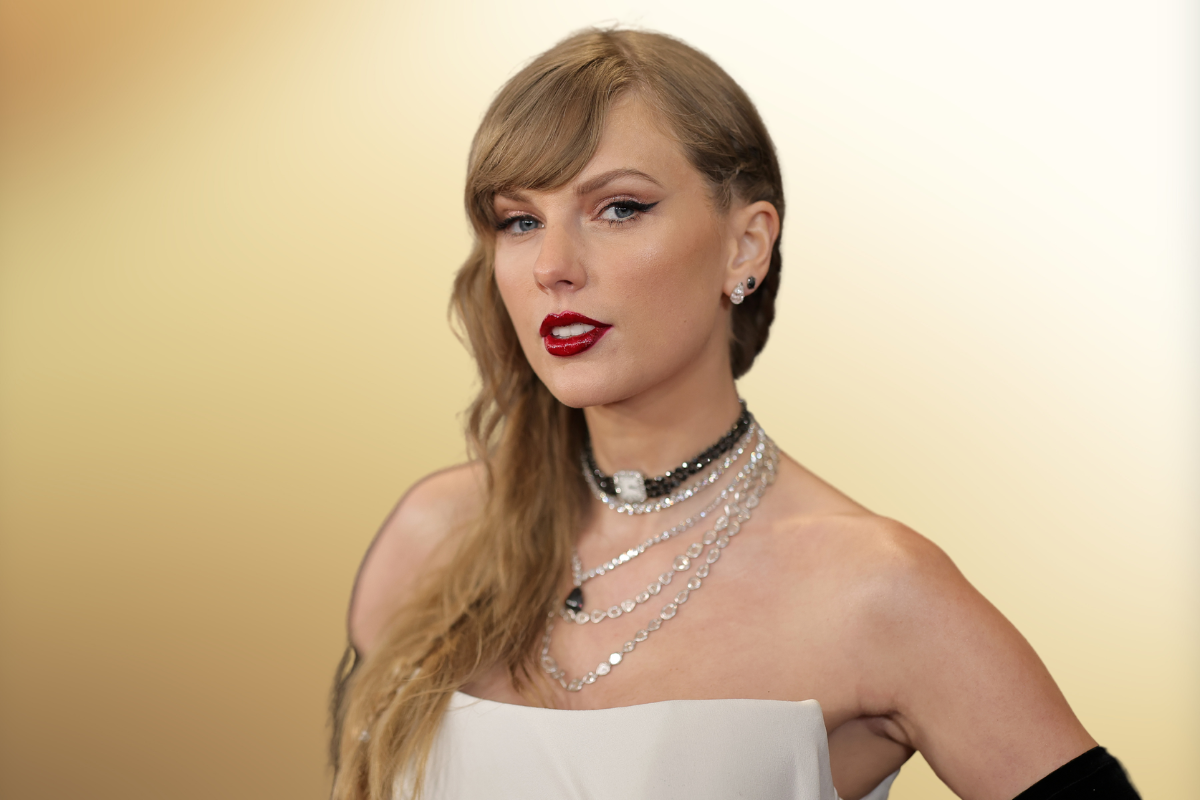As potential trophy husbands go, Jake Pavelka is mighty shiny. A charming pilot with flawless teeth and a chivalrous demeanor, the only thing missing in his life is the right woman to enjoy the bounty of his pectorals. He's the leading man in this season of The Bachelor, a show I'm watching for the first time and am absorbed in. But as I watch the remaining women vie for Jake's hand in marriage, I can't help but think: Why are all of these people white? In fact, in the 14-season history of the show, all of the bachelors have been white, along with a staggering majority of the women available to him.
My first inclination was to call the show's executive producer and ask. But then I thought better of it. Why waste time with a crafted, politically correct explanation when I already know the answer? People still overwhelmingly date and marry within their own race. White people are the majority in this country and, therefore, the best audience to target from a ratings standpoint, and there's risk in alienating viewers who may have less enlightened views on interracial couples. Could they cast a black man? Sure. Would it be smart to? Probably not. The Bachelor is one of many pop-culture artifacts that highlight the uncomfortable gap between the way we'd like to think of racial integration and the way it actually is. Just as people of different races don't often date each other or worship together, we also don't read many of the same books, or like many of the same movies, or adore many of the same celebrities. Certainly not as much as we'd like to believe.
Periodically, controversies arise when people are forced to confront this dissonance. Vanity Fair just released its Hollywood issue, and gracing its cover are nine rising starlets, all of them wispy, white women. The blogosphere erupted: why no women of color? Two possible explanations: One is that, according to Quantcast, 85 percent of Vanity Fair's online readership is white. The other reason is that the actress most often floated as a potential addition to the cover is Gabourey Sidibe of Precious. What's been so refreshing about Sidibe's reaction to her newfound fame is that she seems totally aware that, as a big black woman, her breakthrough role isn't going to lead to her being cast opposite Ryan Reynolds in a romantic comedy. In Hollywood, to be overweight and black is to be a character actor, probably doomed to a résumé full of credits like "DMV Worker" and "Concerned Passenger." Is this fair? Certainly not. But what's the value in attacking a symptom? Vanity Fair, like The Bachelor, didn't create the disparity, they just committed it to film. That's not to say we shouldn't strive for progress whenever possible. J. J. Abrams, to his credit, cast Boris Kodjoe and Gugu Mbatha-Raw as the male and female leads for his new NBC thriller Undercovers, a bold choice considering both are black, neither are household names, and the characters (married spies) don't necessarily call for black actors. But it's an experiment to say the least.
People of different races talk over each other's heads all the time: Monty Python and Tyler Perry, Erykah Badu and Diana Krall, John Updike and Zora Neale Hurston. Sometimes our pop-culture universes overlap; other times we're just nodding and smiling politely. The ever-brave 30 Rock made a gag about it, when Liz Lemon (Tina Fey) responded to a friend accusing her of stereotyping: "You know me, I never make assumptions about race. Remember I asked that black guy if he had seen Sideways?" The truth is, it's disturbing how divided we still are in some respects, so we convince ourselves these divisions don't exist, then bristle when we're reminded otherwise. It's a goal for America to reach a point at which people of different races are integrated in every facet of life; we'll date each other, worship together, and judge movies based not on the color of their characters' skin but on the content of their characters' characters. In the meantime, we'll just have to grin and bear it when reminded that we're not quite there yet. Is it ridiculous that there's a black president before a black Bachelor? Sure, but I wanted the former a lot more anyway.
Uncommon Knowledge
Newsweek is committed to challenging conventional wisdom and finding connections in the search for common ground.
Newsweek is committed to challenging conventional wisdom and finding connections in the search for common ground.
About the writer
To read how Newsweek uses AI as a newsroom tool, Click here.








